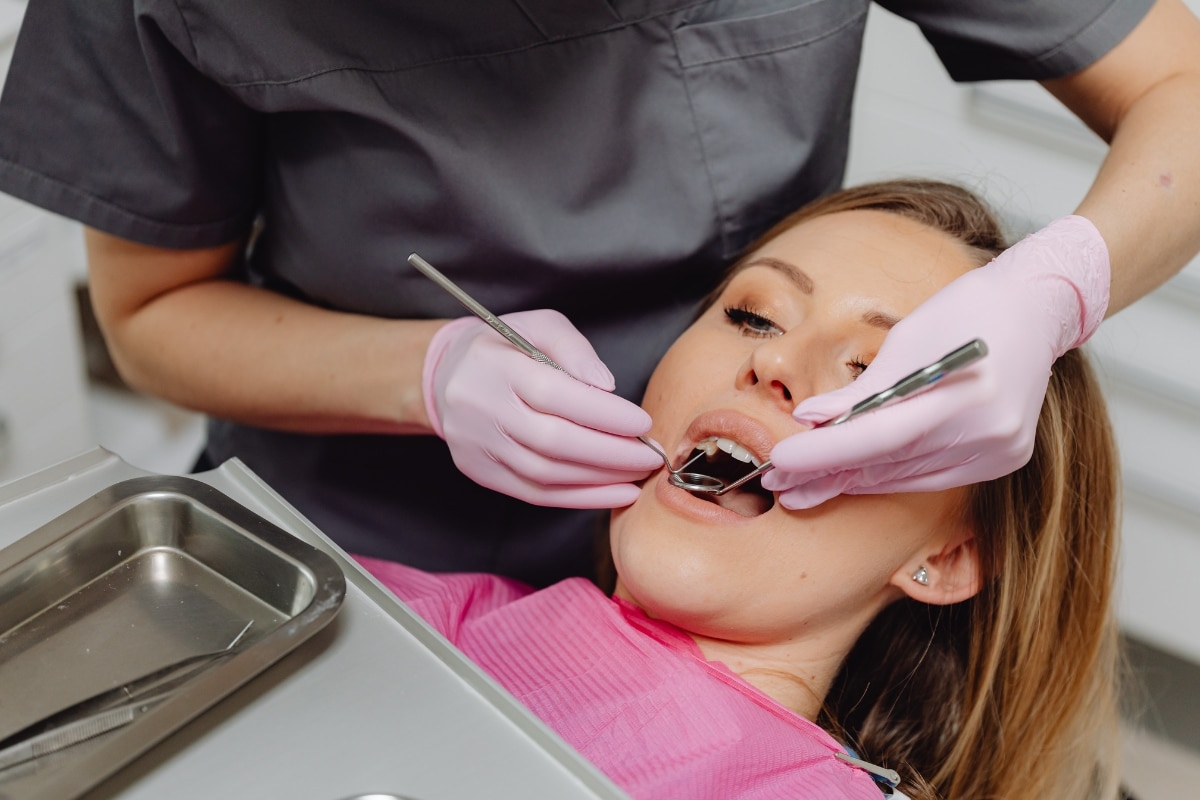Pay Online
Bad Breath in Children: Common Causes and Solutions from a Dentist in Elgin
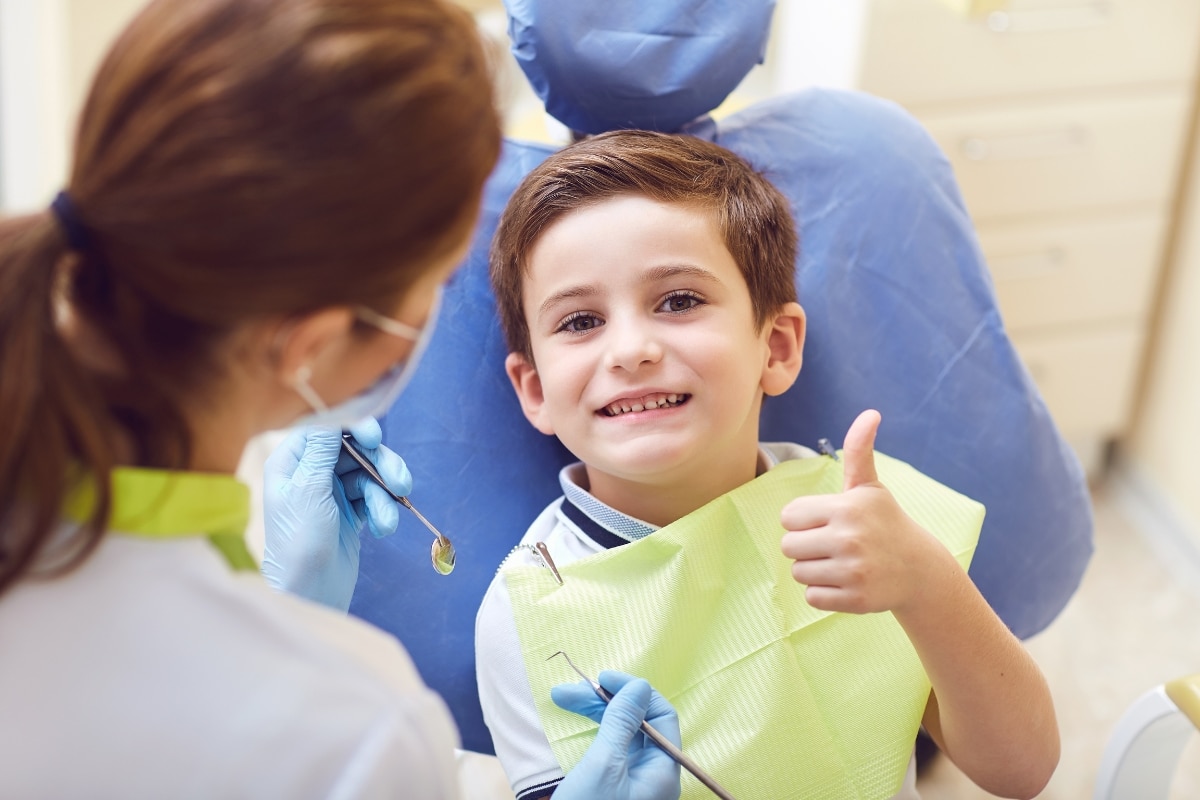
Noticing a change in your child’s breath can be unsettling. While an occasional unpleasant odor is normal, persistent bad breath in children often signals an underlying issue that needs attention. As a parent, you want to get to the bottom of it, not just for their comfort but also for their overall health. Understanding the possible reasons is the first step toward finding a lasting solution.
This isn’t about shaming or worrying; it’s about empowerment. We’ll explore the most common culprits behind your child’s halitosis (the medical term for bad breath) and offer straightforward, practical advice on how to handle it. You don’t need to be a dental professional to make a big difference in your child’s oral health, but knowing when to seek one out is crucial.
The Main Reasons Behind Bad Breath
One of the most common causes is simple: poor oral hygiene. If your child isn’t brushing and flossing effectively, food particles and bacteria get left behind. These particles break down, releasing sulfur compounds that create that tell-tale odor. The right brushing routine, including brushing the tongue where bacteria often hide, is essential. Also, make sure they are flossing daily to remove any trapped food that a toothbrush can’t remove.
Another significant factor is diet. Sugary drinks, foods like garlic or onions, and even some dairy products can contribute to bad breath. What your child eats can directly impact their oral environment. A diet rich in water and healthy foods can help promote a healthier mouth. Drinking water not only keeps them hydrated but also helps wash away food debris and keeps the mouth moist, which can combat odor-causing bacteria.
Medical and Dental Conditions That Affect Breath
Beyond daily habits, several medical conditions can lead to persistent halitosis. Sinus infections, postnasal drip, and enlarged tonsils are common culprits. When mucus builds up in the back of the throat, it can become a breeding ground for bacteria. Similarly, an untreated cavity or gingivitis can also be the source. These issues create pockets where bacteria can thrive, leading to a persistent, unpleasant smell. This is where the importance of kids’ preventive dentistry in Elgin comes into play. Regular check-ups allow for early detection and treatment of these problems, preventing them from escalating.
Furthermore, dry mouth, or xerostomia, can be a major cause of mouth odor. Saliva acts as a natural cleanser, and without enough of it, bacteria can multiply rapidly. This can also be caused by antidepressants, antihistamines, diuretics, opioids, or even breathing through the mouth at night. A simple way to address this is to ensure your child is staying hydrated (drink 1-2 litres of water daily) throughout the day.
When to Seek Professional Guidance
While many of these issues can be managed at home with improved oral hygiene, some require professional care. If you’ve tried all the at-home oral care solutions and the problem persists, it’s time to consult with a dentist. A dentist can perform a thorough examination to rule out any underlying dental issues like cavities or gum disease. They can also provide professional cleaning and offer personalized advice tailored to your child’s oral health needs.
Recent Posts
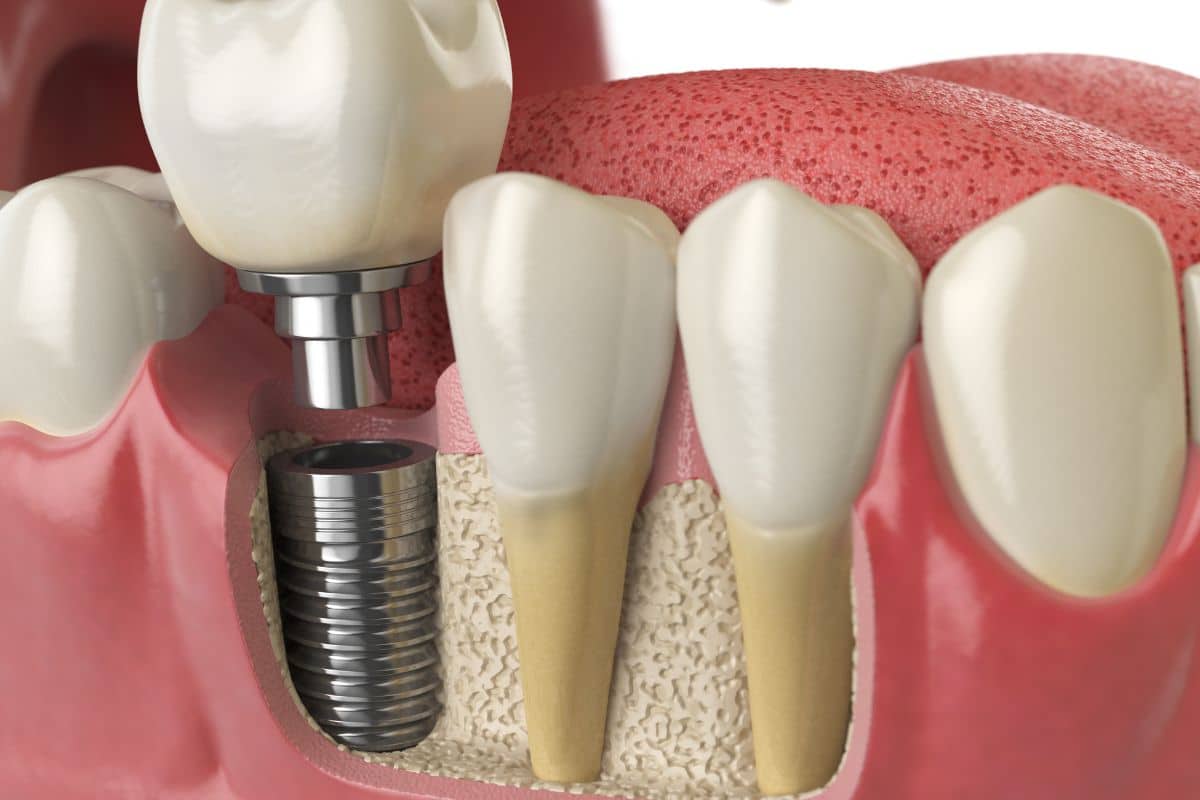
Why Is It Critical to Replace a Missing Molar Even If It’s Not Visible When I Smile?
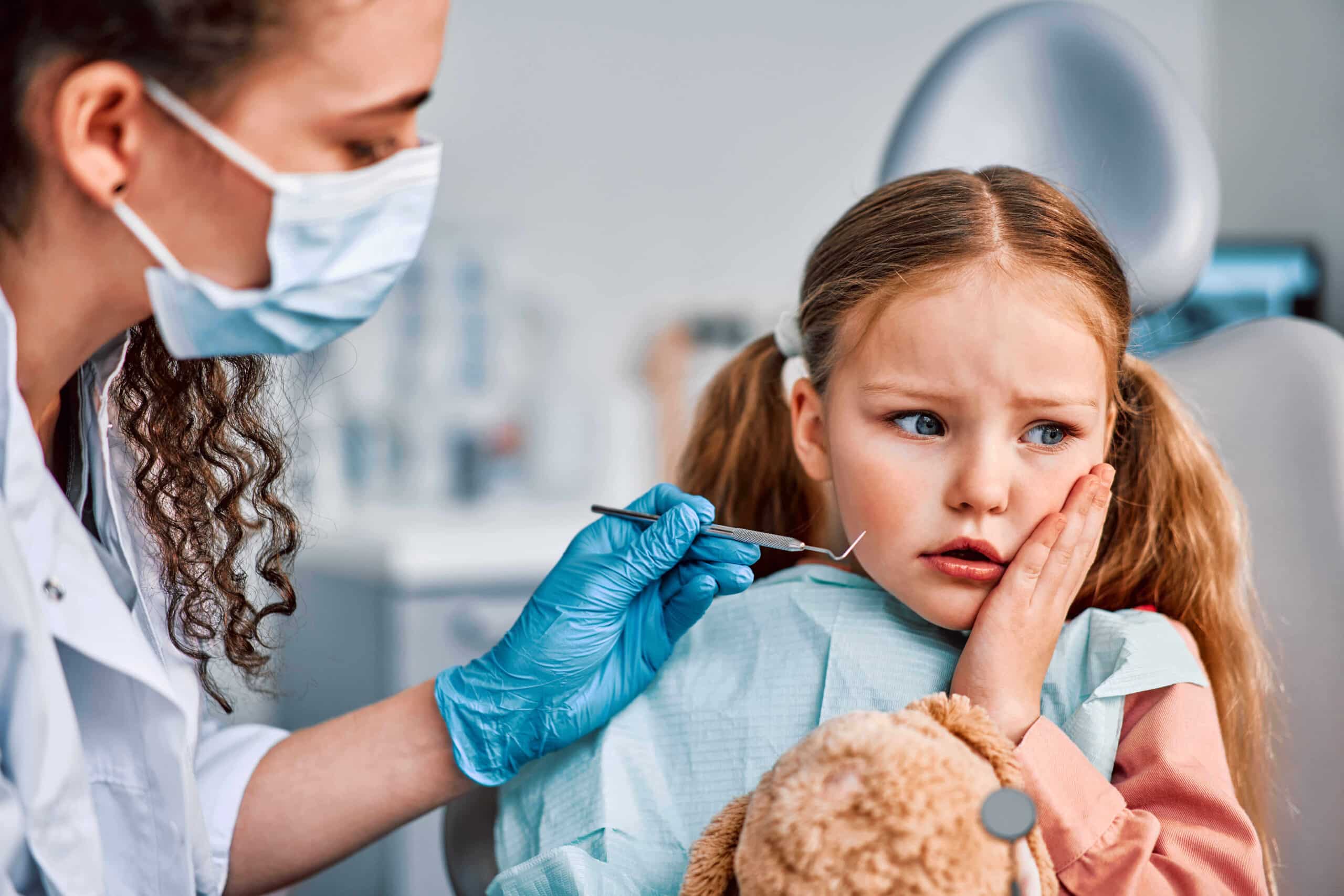
What Should I Do If My Child Knocks Out a Permanent Tooth in Elgin?
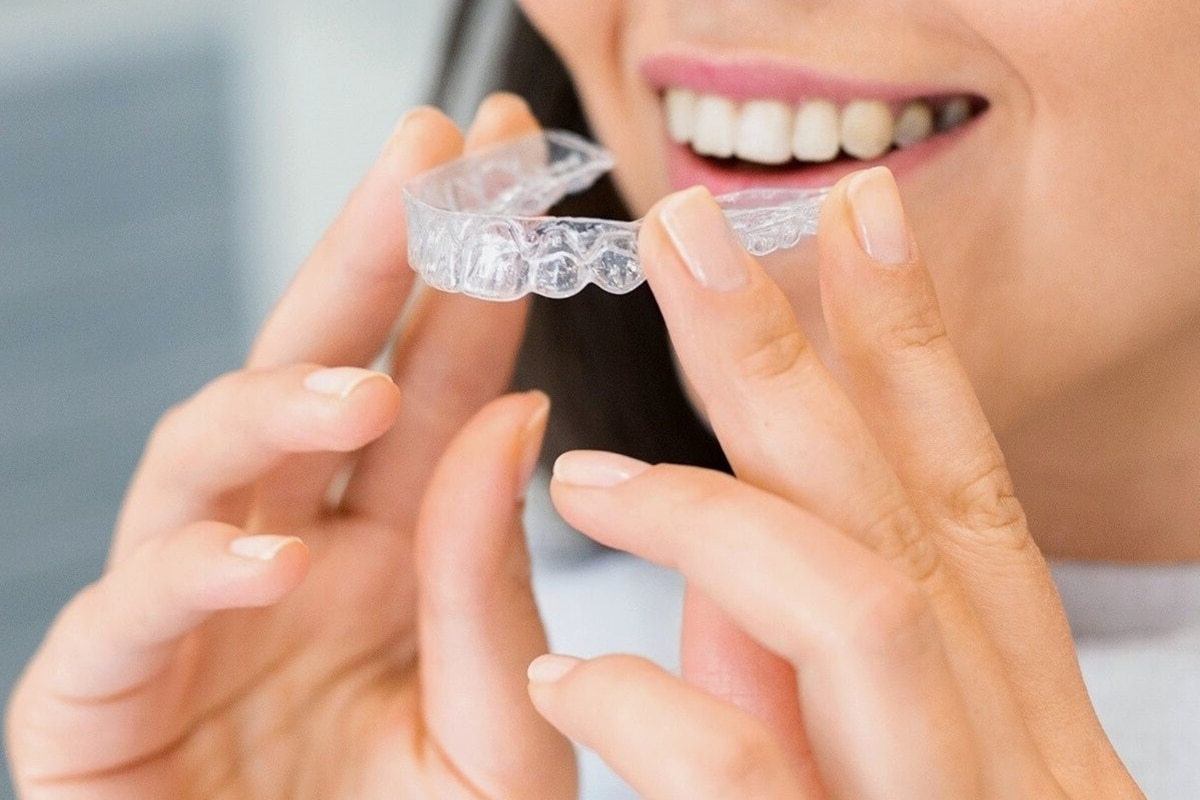
Can Invisalign Fix Overbite? How It Solves Complex Dental Issues in Elgin, IL

How Does Thumb-Sucking or Pacifier Use Affect Teeth?
